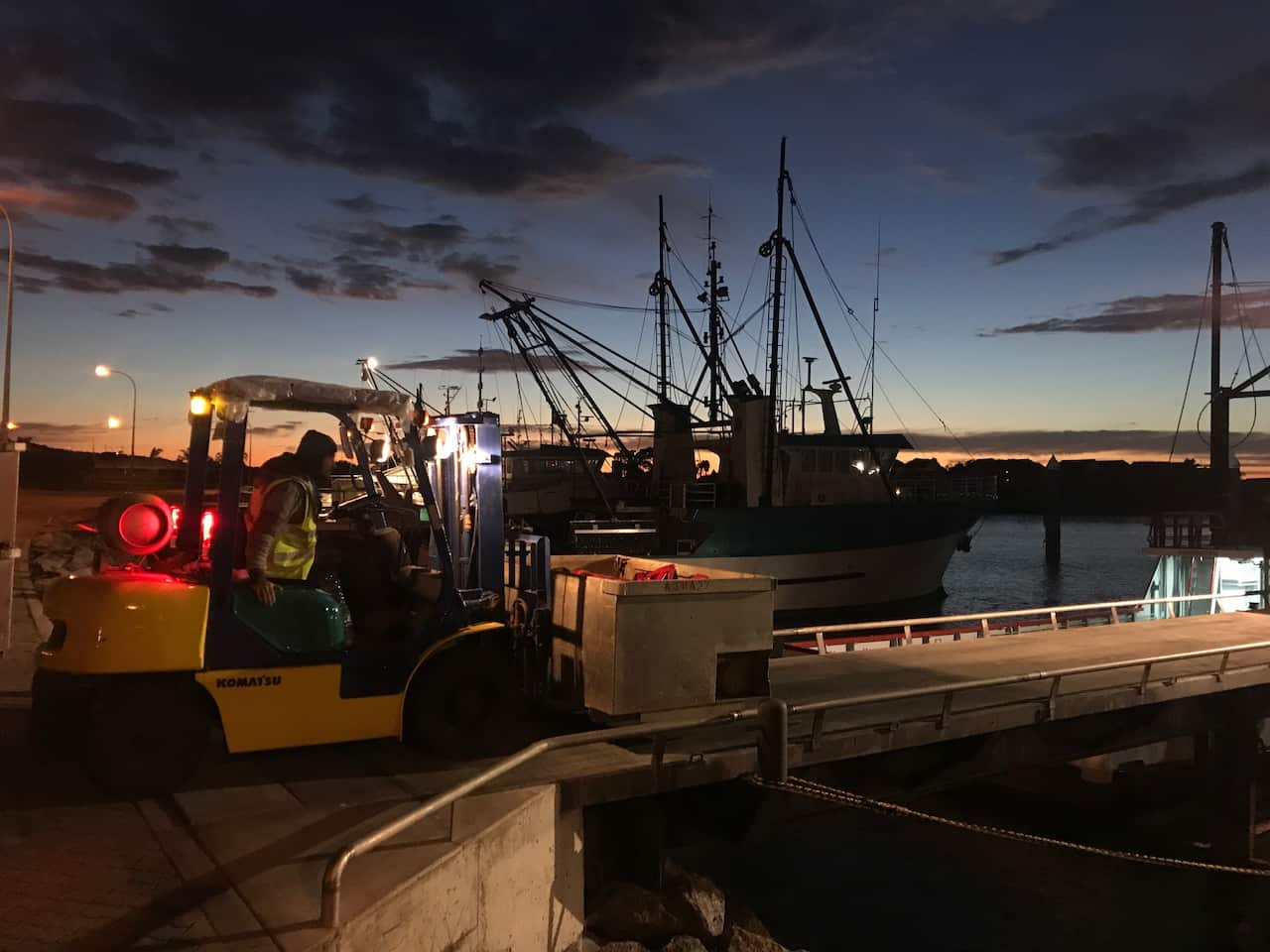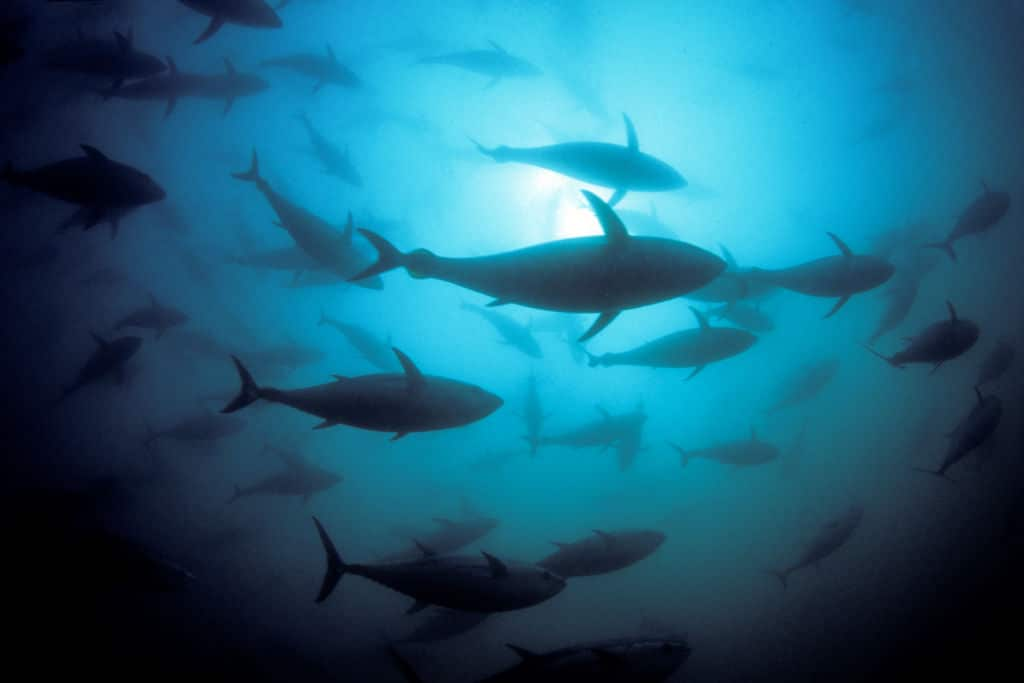On any given morning, Port Lincoln’s tuna wharf is a hive of activity.
It’s here, on South Australia’s Eyre Peninsula, that southern bluefin tuna is brought in from the sprawling ocean pens they’re farmed in.
Most will be taken to Japan to be sold into the lucrative sashimi market.
But Brian Jeffries, chief executive of the Australian Southern Bluefin Tuna Association, fears rough waters ahead.
He says that while the Trans-Pacific Partnership (a free trade agreement between Australia and several other countries including Japan) will be good for many of the nation’s primary producers, it will cancel out a competitive advantage for tuna exporters.
“This multilateral agreement, although it doesn’t include China or Korea at this stage, really wipes away that advantage we had,” he tells SBS News. “In net terms, we’re severely disadvantaged.”

Mr Jeffries estimates the losses could be as high as “$30 to $40 million a year for the foreseeable future,” and says this would impact not just the fishing industry but the city itself.
“These people have put their money and all the surpluses they’ve made back into Eyre Peninsula,” he says. “Built tourist facilities, developed leisure centres and things like that.”
Refugee history
Port Lincoln’s fishing industry has a distinctly Croatian flavour. It was transformed with the arrival of a group of refugees from what was then Yugoslavia in the 1960s.
Semi Skoljarev’s parents were among them.
“They left Croatia in ’59 and spent two years in refugee camps in Italy,” he says. “They had heard about the tuna. There [were] a few Croatians that had come before my father.”
Today, he runs Sekol Farmed Tuna in the coastal city with Rick Kolega, whose parents were also migrants.
Mr Kolega says most of the Croatian families in Port Lincoln originate from the same place, a village called Kali. “The village back in Croatia is very much a fishing village, so it’s in their blood,” he says.
Their skills allowed Croatians in the community to be accepted quickly “because suddenly, you come in, and you start a business, you build boats, you start employing people so the whole community comes together.”
Tuna barons
Both Mr Kolega and Mr Skoljarev’s fathers were part of a generation known as the “tuna barons”; a group of fishermen who transformed the industry, particularly after the introduction of a quota system to stop over-fishing in the 1980s.
That prompted a move from catching wild tuna to tuna farming, which would prove successful.
Another change of fortune came in the 1990s, when exposure to the Japanese market made millionaires out of many tuna producers.

Port Lincoln’s mayor, Bruce Green, says the whole community has benefitted from the industry’s success.
“It’s been wonderful, over the years, to see the wealth that’s been created by these fishermen has been reinvested in the city,” he says.
A tiring tradition?
But with many of the original tuna barons now well past retirement age, the industry is facing another challenge; who will keep the tuna fishing tradition going?
Lukina Lukin’s late husband Dinko was instrumental to the tuna farming innovation of the 1980s.
She now runs Dinko Tuna Farmers in Port Lincoln. But for a Thai-born former teacher who was once prone to seasickness, her now-career was somewhat unexpected.
“Actually, I became a tuna farmer because I loved [that] man,” she says. “First, I loved the man. And then with that love, I like to carry on what he loved.”
Ms Lukin wants to carry on the tradition and hopes to open up exports to China.
At Sekol Farmed Tuna, the question of succession also hangs in the air.
“We’re boys, but we’re all having girls,” says Rick Kolega. “So it’s just one of those things, where are [our] daughters going to take it?” he says.


